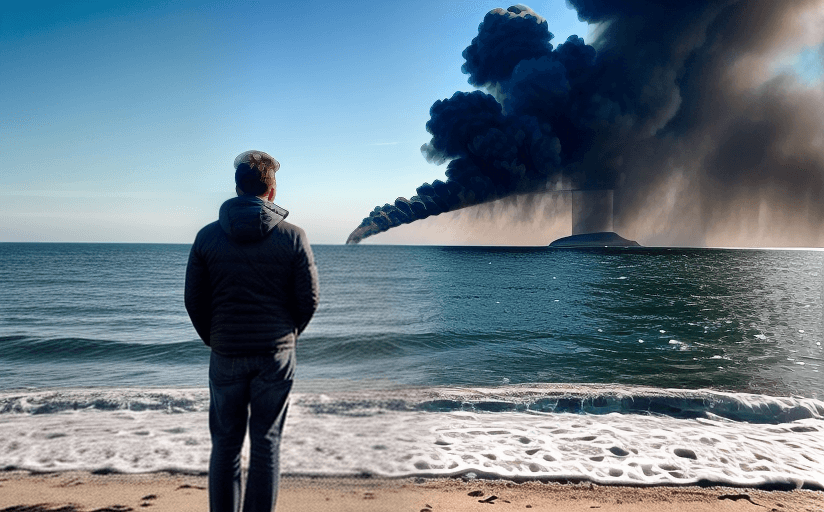246
Newsletter
Subscribe to our newsletter for exclusive content, latest news and trends, and exciting new features.
Categories
Sports and fitnessLiterature and writingFood and cookingBeauty and personal careEducation and learningTravel and tourism
Environment and sustainabilityScience and natureHome and gardenArts and cultureTechnologyLifestyleEntertainmentPets and animalsMusic and EntertainmentGaming and esportsHealth and wellnessBusiness and entrepreneurship


















Comments
Leave a Comment